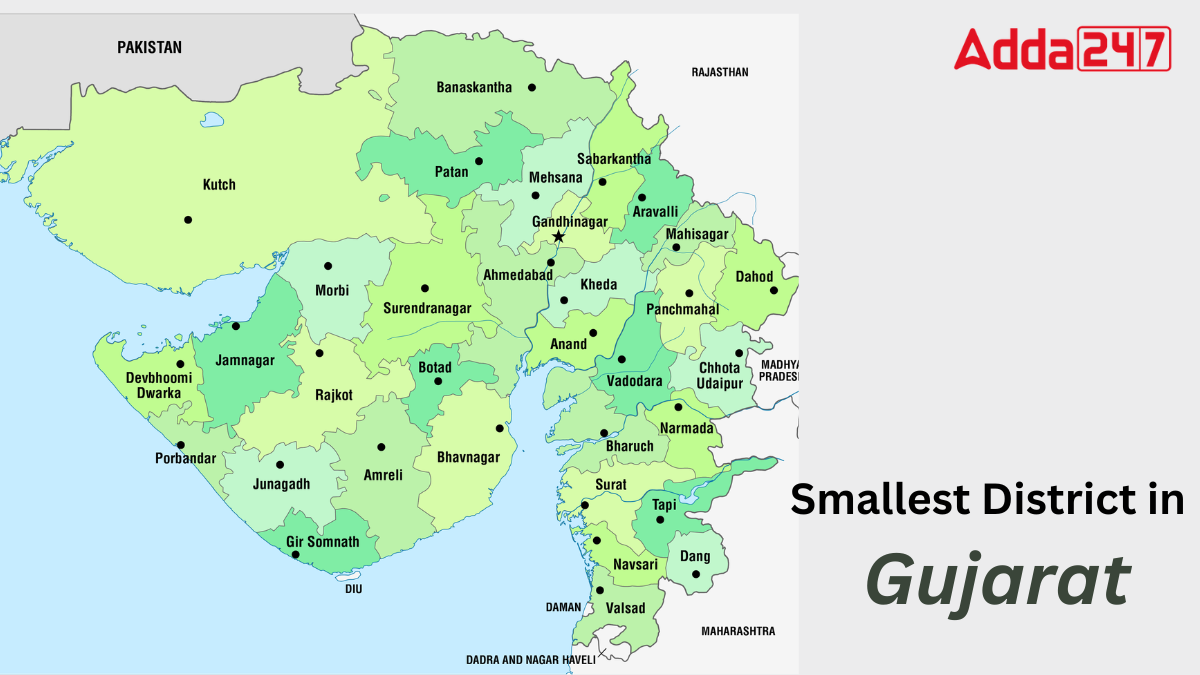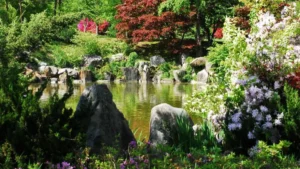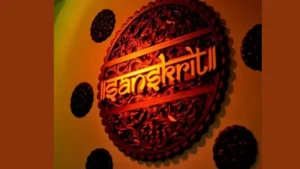Gujarat, one of India’s most industrially developed states, is divided into several districts, each known for its unique culture, geography, and history. While some districts are very large and widely known, others are much smaller but equally important. Knowing about the smallest district of Gujarat gives us an interesting glimpse into the state’s diverse administrative and cultural landscape.
Smallest District in Gujarat
Dang district, located in the southeastern part of Gujarat, is the state’s smallest district. Its administrative center is in Ahwa. Covering an area of about 1,764 square kilometers, it also has the lowest population among Gujarat’s 33 districts, with only 228,291 people recorded in the 2011 census.
Smallest District of Gujarat – Demographics and Population
Dang district, as of the 2011 census, has a population of 228,291, making it the least populous among Gujarat’s 33 districts. Approximately 94% of the population belongs to scheduled tribes. The district exhibits a diverse religious landscape, with Hinduism being the predominant faith, followed by Christianity, Islam, and other religions.
Historical Significance of Gujarat’s Smallest District
The origin of the name “Dang” remains uncertain, though it is commonly associated with hilly villages or bamboo forests. According to Hindu mythology, Dang is linked to the Dandakaranya region mentioned in the Ramayana, through which Lord Rama is said to have passed during his exile.
King of Dang
Dang boasts a unique historical legacy with its five Royal Bhil Kings, who are the only hereditary rulers in India. These kings have played pivotal roles in the region’s history, engaging in conflicts with the British before eventually reaching agreements, such as the treaty of 1842, which allowed the kings certain privileges and political pensions.
Smallest District in Gujarat – Economy and Development
Despite its historical significance, Dang faces economic challenges and is recognized as one of India’s economically distressed districts. However, efforts are underway to address these issues, including government initiatives such as the Backward Regions Grant Fund Programme (BRGF) aimed at supporting the district’s development.
Culture and Language of Dang, Gujarat’s Smallest District
Dang’s cultural landscape is rich and diverse, reflected in its linguistic diversity. The primary languages spoken include Dangi, Gujarati, Gamit, Marathi, and Hindi, with Dangi being the most prevalent among the population.
Smallest District in Gujarat – Ecology and Wildlife
Dang district is home to diverse ecosystems, including forests and wildlife sanctuaries. The Purna Wildlife Sanctuary and Vansda National Park are notable conservation areas within the district, harboring a variety of flora and fauna, including endangered species.
Administrative Divisions and Geography of Dang
Dang district is subdivided into talukas, including Subir, Waghai, and Ahwa, each with its own distinct features and attractions. The district is traversed by several rivers, including the Purna, Ambika, Gira, Khapri, and Dhodad rivers, contributing to its ecological richness.
Himachal Pradesh State At a Glance
- Country: India
- Region: West India
- Formation: 1 May 1960 (by bifurcation)
- Capital: Gandhinagar
- Largest city: Ahmedabad
- Largest metro: Ahmedabad
- Districts: 33
- Government: Government of Gujarat
- Governor: Acharya Devvrat
- Chief minister: Bhupendrabhai Patel (BJP)
- State Legislature: Unicameral
- Assembly: Gujarat Legislative Assembly (182 seats)
- National Parliament: Parliament of India
- Rajya Sabha seats: 11
- Lok Sabha seats: 26
- High Court: Gujarat High Court
- Total Area: 196,024 km2 (75,685 sq mi) (5th rank)
- Length: 590 km (370 mi)
- Width: 500 km (300 mi)
- Elevation: 137 m (449 ft)
- Population (2011): 60,439,692 (9th rank)
- Population Density: 308/km2 (800/sq mi)
- Urban Population: 42.6%
- Rural Population: 57.4%
- Demonym: Gujarati
- Official Languages: Gujarati, Hindi
- Official Scripts: Gujarati script, Devanagari script
- Literacy Rate (2011): 78.03% (17th rank)
- Sex ratio (2011): 919 females per 1000 males (16th rank)




 Which Country is known as the Land of Mo...
Which Country is known as the Land of Mo...
 Which Languages is known as the Mother o...
Which Languages is known as the Mother o...
 Which Country is known as the Highest Pr...
Which Country is known as the Highest Pr...








